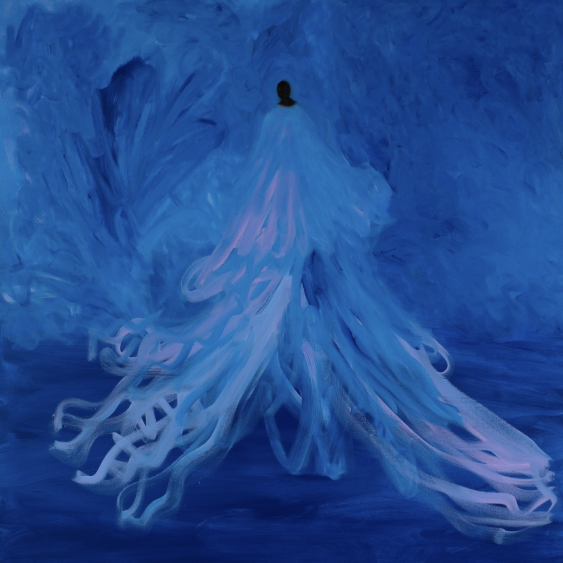Curator of Interest
On decolonial devotion and curating for connection
with Nkhensani Mkhari
Share
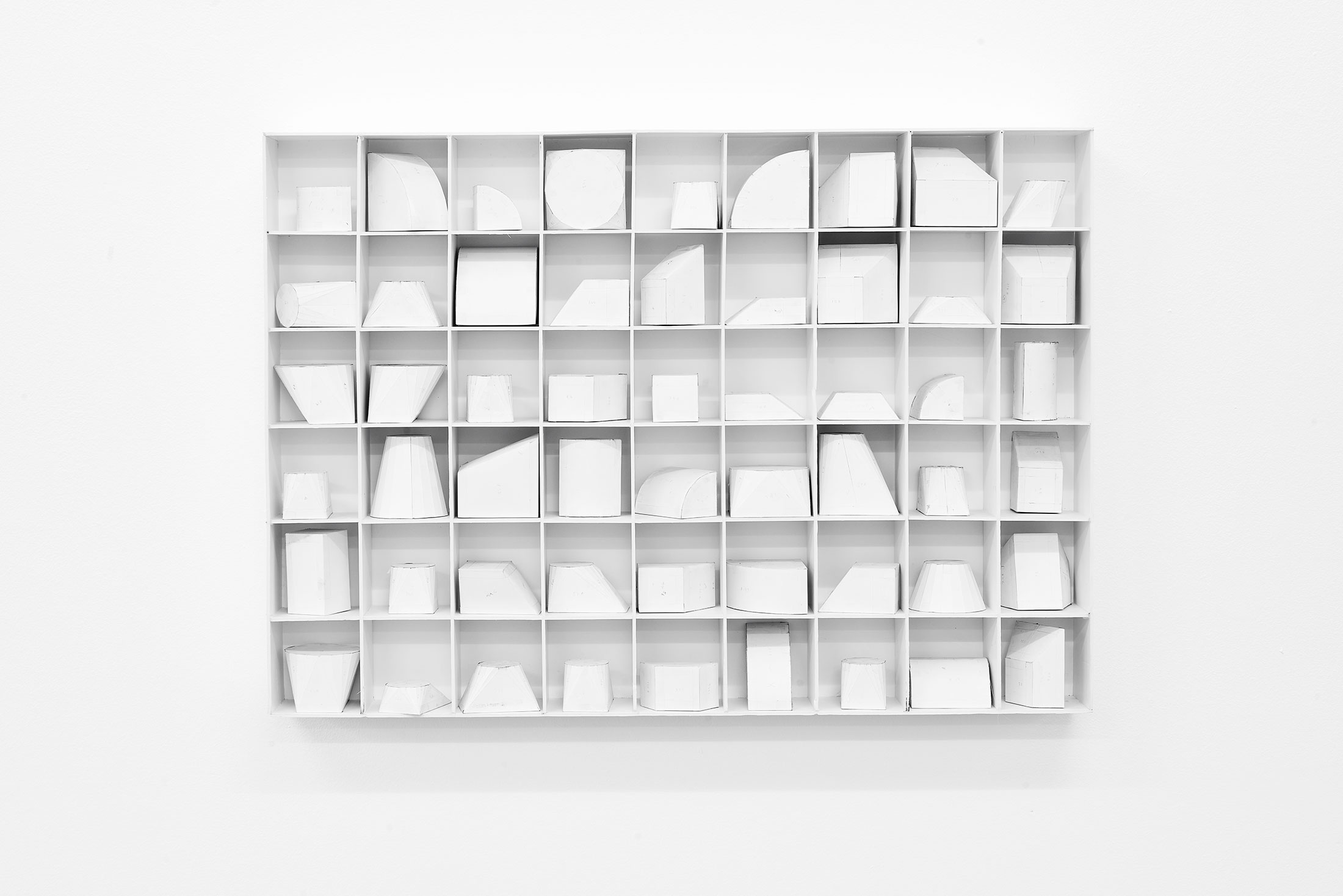
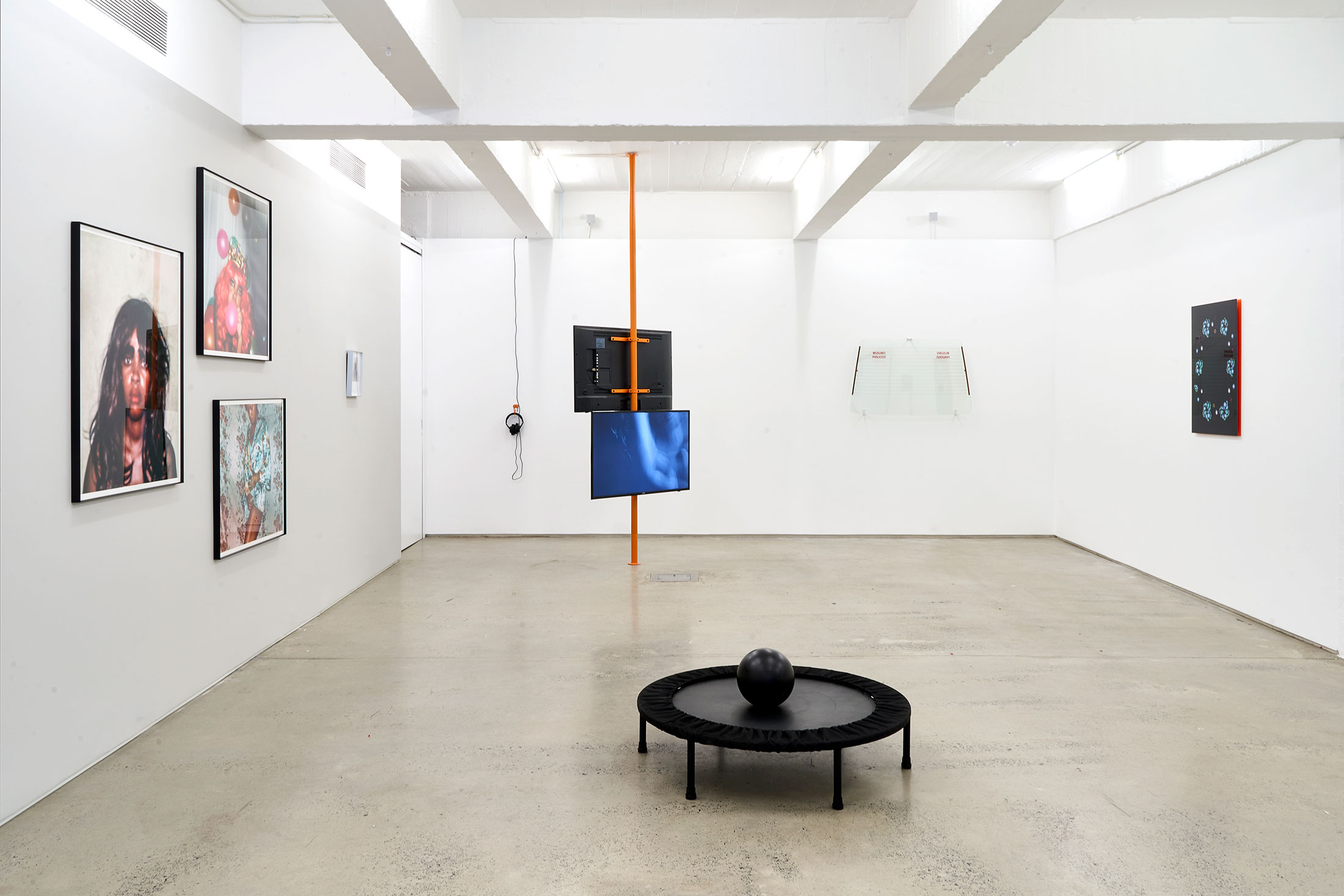
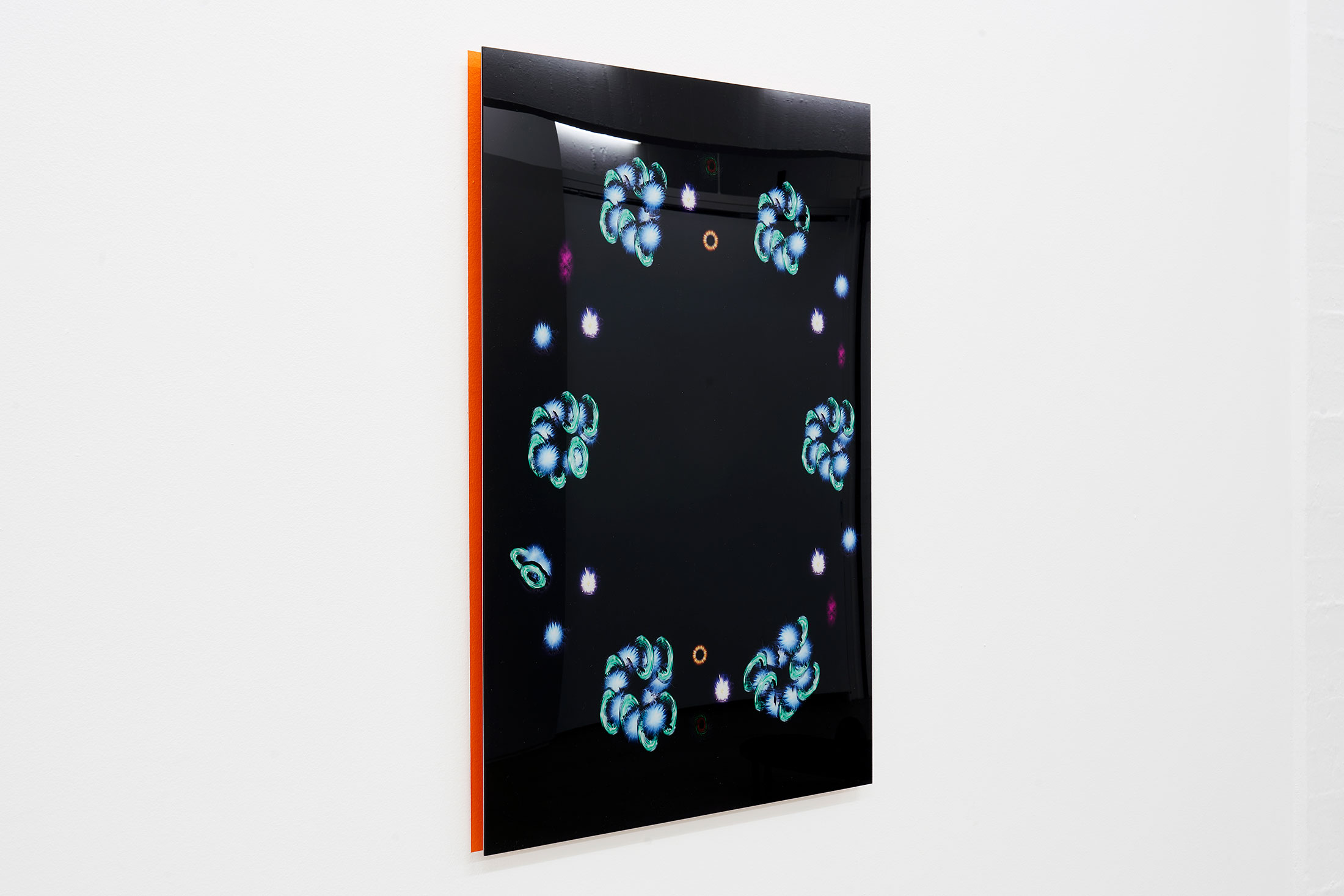
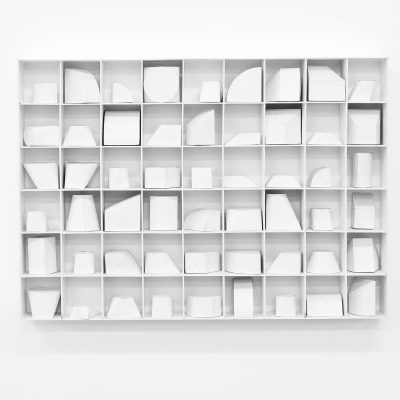
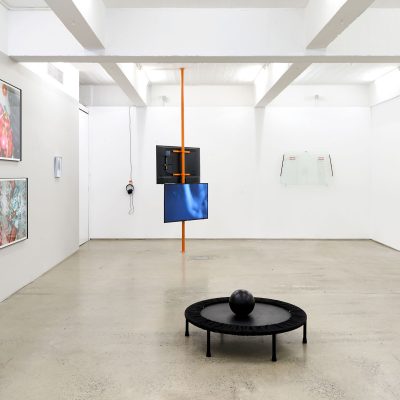
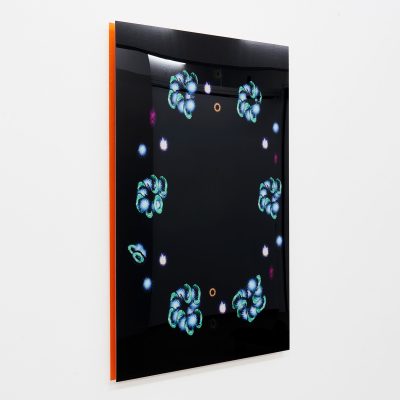
Nkhensani Mkhari describes their practice as a “queer meditation on transcience, aesthetic sociology and redemptive futurologies.” Primarily curating new media, their instinct is led by the urge to defy demands of technical efficacy and ableism while thriving towards transparency. Featured in this week’s Of Interest, in conjunction with their show Model, we present their thoughts on curatorial care, vulnerability, linguistics and neutrality.
“So I think that the word care is like… it’s become a bad word,” laughs Nkhensani Mkhari. Weary of what they refer to as “transactional exhibition making”, Mkhari has spent the last year avoiding outputs with a commercial purpose. “I think the major flaw that we have is a lack of commitment to purpose, besides the purpose of commerce in the art world. But I know that in the current zeitgeist we find ourselves in, it’s difficult to do that,” they admit.
In this zeitgeist, Mkhari finds, “people don’t really care, especially in locales where it’s more of an art market than an art ecology.” Adopting devotion as an alternative to care, Mkhari’s curatorial sensibilities are ruled by the need to form and maintain long-term relationships with audiences, artists and their practices. “Devotion has the suggestion of consistency and maintenance. It’s like an altar, it’s religious,” they go on.
To take its cues from ideas of loyalty, intercession, faithfulness and upholding a steadfast belief, Mkhari’s practice centres around connection. “It takes spending time together and really empathising with the makers and viewers.”
About two months ago, Mkhari carried this out at a show they curated in Enschede in The Netherlands. Here, eight artists from the Dominican Republic, Ethiopia, South Africa and Hawaii presented video artworks together with a recipe speaking to their respective heritages. “In my locale, when we do see new media art, people don’t spend time with it. That causes me frustration as somebody who primarily curates new media,” explains Mkhari. To resolve this Mkhari staged the exhibition in a cinema, where the conventional spatial cue is to engage with a text until it ends. Paired with the opportunity for viewers to prepare recipes and take part in rituals like an Ethiopian coffee ceremony facilitated by the exhibition’s artists, Mkhari looked to deepen the attachment and such engagement between the two parties.
In a local setting, Mkhari recently presented Model at A4 Arts Foundation’s Reading Room. placing emphasis on artists working in video, audio and photographic mediums, Model is a multisensory wandering and picking at the idea of the model. A form of exhibition as research, Model was catalysed by Mkhari’s studies of Georges Perec’s practice. An experimental French novelist and filmmaker, Perec used word play to platform themes including absence, loss and identity.
“The word model is not neutral,” shares Mkhari. Arriving at this point from playing word games in an attempt to challenge assumptions of linguistic neutrality, Mkhari offers examples: “You get role models, the model student, model c and supermodels. So it’s sort of like there’s an idealistic framework tied to the word.” Aspirational, whether as a noun or verb, the word model coaxed Mkhari’s interest.
Going back to their commitment to build a decolonial curatorial practice, Mkhari brings up the idea of the wunderkammer. “People used to go on expeditions to find objects and take them to wunderkammers. Guests would come to see these wunderkammers, that’s what exhibition making is rooted in. How then do we remodel that framework and create spaces rooted in the decolonial?” Okay with occupying spaces where ideas are never final, Mkhari’s Model does not promise an absolute answer. However its transparency, presented in a curatorial statement that displays the guts of the exhibition, is a sufficient prototype on which to build.
Visit the A4 Arts Foundation Reading Room to view Models before it closes on 19 November 2022.
Subscribe
Subscribe
For exclusive news, tickets and invites delivered every week
